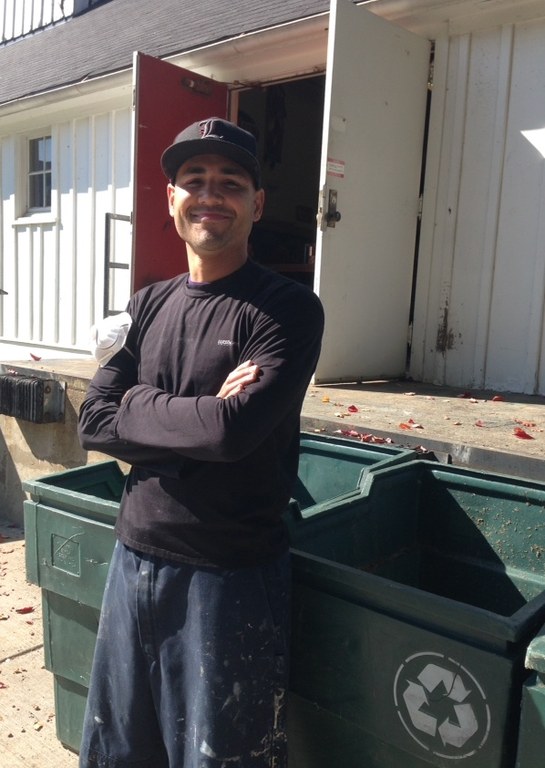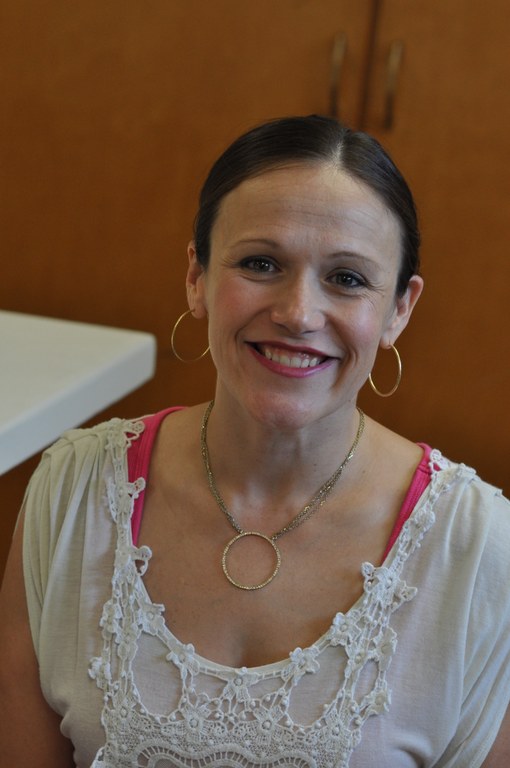“Can I Speak To Your Supervisor?”
Professional guidance is an important aspect of working in any theatrical space. Knowing who you’re working with in any theatre is essential. So, we asked our own shop supervisors how students work in their apprenticeships and the importance of the scholarship program!
|
“Assistantship programs are how we get productions done, period. Without the students, we would not have the shows. The undergrads do everything, they’re the bread and butter of our department and how we get our art done. Any student who has an assistantship, has an opportunity to learn intensified classroom material in a non-classroom structure. They end up getting serious career training as a result. Melissa Shepherd, Costume Shop Manager |
 |
“Students get the opportunity to become a theatre practitioner and immerse themselves in the process of making theater- not just seeing the product, but the process itself. Any student with a scholarship gets to learn in an environment that will prepare you for life. Picking up a tool, knowing it's purpose and limitation is empowering. Multiply that knowledge by all of the tools used in a theater, and this will apply as a skill outside of theater that all humans deserve to carry. Problem solving, coming up with solutions. Platforms evolve into shelves, painting scenery turns into painting homes. It's a long term skill anywhere you go, from your garage to a production studio overseas. Students that graduate with this knowledge are able to eat and work beyond the audition and monologue, and creates a universality to themselves as an artist. These worlds parallel each other because we’re all creating. Rehearsing lines, drawing lines, building lines. It's all part of what a student will do here, and is so important to gain in terms of versatility. Exposure as a technical artist is creating the core of storytelling.” Charles Nasby, Technical Production Manager |

